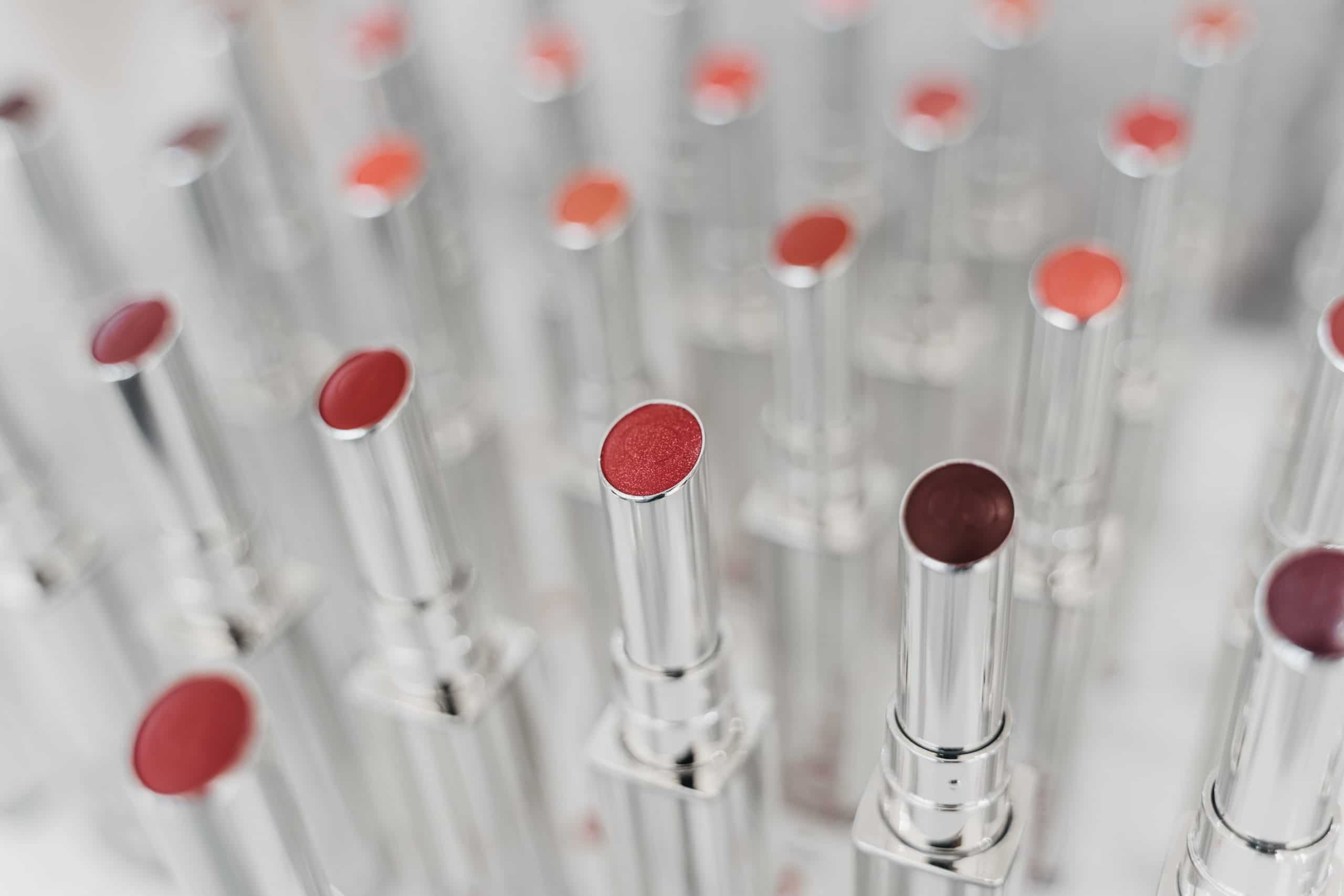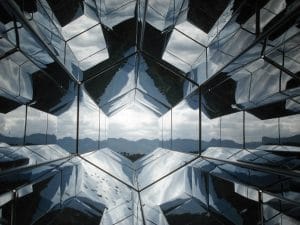Cosmetics are a $62B industry in the United States. Skincare, hair care, make-up, perfumes, toiletries and deodorants, and oral cosmetics are the main product categories of the cosmetic market.
Topic: Cosmetics Industry in the U.S.
One of the current issues being faced by consumers and ultimately the industry is how green the products being used/made are. Consumers are becoming more environmentally and health conscious demanding alternatives to common ingredients.
Unfortunately, with so many chemicals in so many products it’s difficult to analyze all products and their ingredients to deduce their unique human risk. Fundamentally, the risk of a product is its implicit hazard combined with how one is exposed. The toxicity of a product then becomes the degree to which any ingredients or the particular mixture of ingredients can damage a human.
Moon Juice’s New Toner Is the Green Alternative to a Beauty Industry Staple
The toxicity of ingredients in beauty products is something that is drawing more attention recently. In the recent article by Chiara Giordano from the Independent entitled “Chemicals in beauty products could harm women’s fertility or cause breast cancer, new study finds” Chiara describes that:
Researchers at George Mason University, in Virginia, discovered links between chemicals widely used in cosmetic and personal care products, and changes in reproductive hormones. The team analysed the urine samples of 143 women aged 18 to 44 who had no known chronic health conditions and did not use birth control. Those with chemicals such as parabens (a preservative widely used in cosmetic products), benzophenones (used as UV filters) and bisphenol A in their urine were found to have abnormal amounts of the reproductive hormones oestrogen and progesterone.
What is worrisome about these findings is that:
Excessive oestrogen has been linked to fibroids and irregular menstrual periods, while too little prevents eggs maturing and being released from the ovary. Too much progesterone is associated with both breast cancer and unusual vaginal bleeding, while it is thought bisphenol A (BPA), known as the ‘gender-bending’ chemical for its effects on male breast growth, could cause fertility problems.
Dr Anna Pollack, assistant professor of global and community health at George Mason University a researcher in the study entitled “Exposure to bisphenol A, chlorophenols, benzophenones, and parabens in relation to reproductive hormones in healthy women: A chemical mixture approach,” recently published in the science journal Environment International was quoted as saying:
What we should take away from this study is that we may need to be careful about the chemicals in the beauty and personal care products we use.
Who’s who in green beauty Scandinavia?
My Three Favorite Drugstore Green Beauty Brands
Veganuary: the 5 best beauty products that actually work
Reality Changing Observations:
1. Do you wear makeup or have someone in your life who does?
2. How do you think we should make sure hazardous chemicals are not used in beauty products?
3. Would you pay more for a product that guaranteed none of these ingredients were used?





